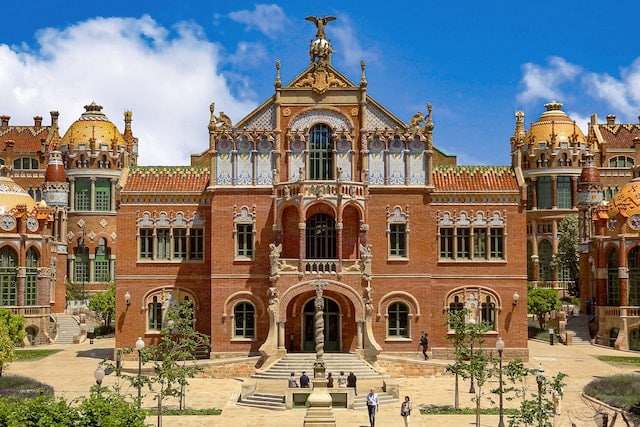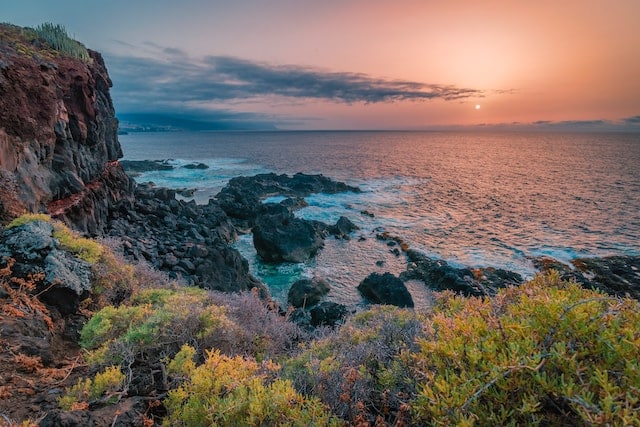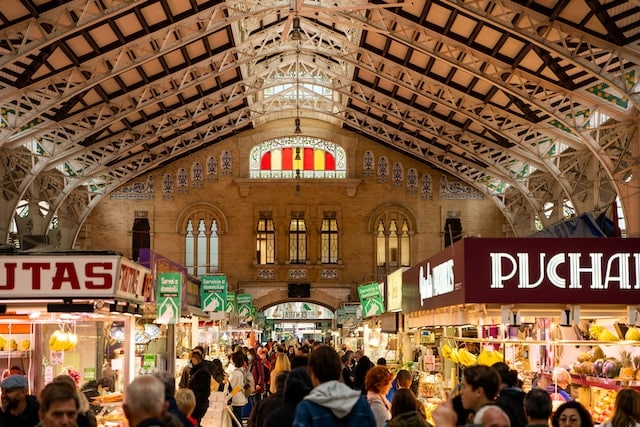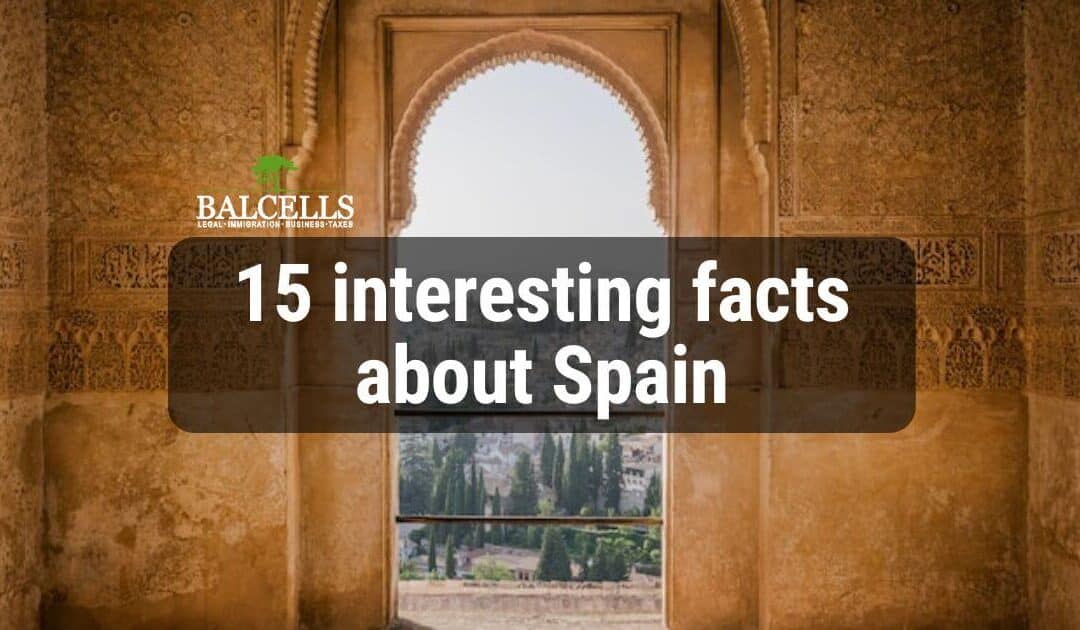Spain is probably a common bucket-list destination for most people. With its sunny skies, charming streets, vibrant culture, and happy people, it’s an easy choice. But beyond these stereotypes and first impressions, what else is there to know about Spain? What has happened in Spain’s history? How has this history affected how Spain is today? What other things are there to enjoy aside from the popular tourist spots? Here you have 15 interesting facts about Spain that will make your travels even more meaningful, or will help you immerse better if you are relocating to the country.
15 Surprising Things About Spain
We already have general and commercial ideas about Spain, but behind these are layers of history, tradition, and culture that have shaped the country and continue to do so today. Let’s look into these layers, as they offer a lot of information (and fun facts about Spain). This information is not only interesting to know, but would also bring more value to your travels, whether it is just for the holidays or long-term.
Spanish is the 2nd most widely spoken language in the world
Don’t be surprised if you’re walking around Barcelona and hear locals speaking a language other than Spanish! Spain is the second largest country in the European Union, with the fifth largest population in Europe. And to add to that, Spain’s history is one of many colonies. This has led to Spanish being the 2nd most widely spoken language in the world. Like any other language spoken globally, the Spanish that is spoken in Spain, Castellano, differs from the Spanish in Latin America, for example. Another interesting fact is that even within Spain, Spanish is not the only official language. You have Gallego in Galicia, Catalan in Catalonia, and Euskara in Basque Country. That is why, when applying for citizenship, some autonomous communities require you to know some of their language. For example in Catalonia, aside from speaking a certain level of Spanish, you also need to take a 45-hour course in Catalan. This may sound intimidating, but it’s not difficult to do. And if you speak 0 Spanish, you can always enroll in any of the many Spanish courses and obtain your student visa in the country.
Spain has a royal family

Spanish people do not consider paella as Spain’s national dish

47 UNESCO World Heritage Sites in Spain

Spain has some of the oldest things…
Don’t miss the opportunity to eat in a 300-year-old restaurant! Spain is bursting with culture, and there is something for everyone. For literature enthusiasts, Don Quixote by the Spanish author, Miguel de Cervantes, is considered the first modern novel. You can visit his childhood home in Alcalá de Henares. If you are a foodie, the world’s oldest restaurant, Restaurante Botín, is in Madrid. It has existed since 1725 and has seen many notable personalities. Famous Spanish artist Francisco de Goya worked here as a dishwasher, and Ernest Hemingway enjoyed some meals here, and even writes about the restaurant in his novel Fiesta. For artists, many of the world’s favorite painters come from Spain. You have Pablo Picasso from Malaga, Salvador Dali from Figueres, Diego Velázquez from Sevilla, and Joan Miró from Barcelona. A lot of their works are preserved and available for viewing in numerous museums around the country.
Morning Lasts Until 2 pm
Don’t be alarmed if someone greets you a good morning at 1 pm in Spain… In Spain, the concept of noontime is usually around 2 pm. That is why, you’ll hear people saying “Buenos días” until 2 pm, and find that people usually have lunch at this time. Dinner then usually happens at around 9 pm. This different perception of time may take some getting used to as a foreigner in Spain, but it’s not so bad! You may have also heard of siesta (nap) hour in Spain. Nowadays, especially in big cities, people (aside from toddlers or the elderly) don’t really sleep during siesta hour anymore. However, some shops and establishments still close at this time (2 pm-5 pm) to have lunch and get some rest. Another little fun fact about Spain is that banks are only open until 2 pm on weekdays, and are fully closed on weekends. Groceries are normally closed on Sundays, too. Spanish bureaucracy can also be slow, so plan ahead! Ask our lawyers if you have any doubts about legal processes in Spain.
45% of the entrepreneurial population is female!

Nudity is legal
Don’t be worried if you see a nude person sunbathing on the beach! An interesting fact about Spain that may surprise you is that nudity is legal. But do not fear, you certainly will not enter a shop seeing a group of naked people walking around. This is definitely deemed inappropriate. However, there are many naturist beaches around Spain, and these are places of respect and safety. Some Spanish practices may be totally new to you, so if you would like to learn about some things you should know before visiting the country, we’ve got you covered here.
For 800 years, Spain was Moorish Land

The Canary Islands are Closer to Africa than Spain

Largest fresh produce market in Europe

Spain Hosts the Biggest Tomato Fight Every Year
Don’t be worried if you hear about people throwing tomatoes at each other… Every year, on the last Wednesday of August, the town of Buñol hosts the La Tomatina Festival. This is basically a huge tomato fight using overripe tomatoes. It’s uncertain exactly how this tradition started, but it has been going on for over 50 years. Another interesting festival is the Romeria de Nuestra Señora de la Cabeza. It is celebrated at the highest point of the Sierra Morena, and has been taking place for almost 800 years. Many towns in Spain have unique festivals and practices. People are proud of their pueblos and if you are invited to visit one with a local, make sure to go and not lose the opportunity.
Spanish People Have Two Surnames
Don’t be confused when you see a Spaniard write his name… When applying for a Spanish visa or residence permit, you will usually see two boxes to fill out: first last name and second last name. Normally, it is fine just to fill out the “first last name” box, with your last name. This is because Spanish people legally have two last names. The first one is the last name of the father, and the second is the last name of the mother. Read about mixed marriages in Spain here. And if you don’t want to get married but would like a civil partnership, there’s also the option of pareja de hecho.
Spain is moving towards renewable energy

You can create an SL online with just 1 Euro
Don’t waste that 1 euro coin in your pocket! Prior to the implementation of the Create and Grow Law, one needed a minimum share capital of 3,000 Euros to put up a limited liability company (SL). Now, one only needs 1 euro. As always, there are pros and cons. With 1 euro you will definitely be saving a lot of money, but you may be less attractive to potential investors. Moreover, even if the minimum now is 1 euro, you will still be encouraged to reach at least 3,000 euros, as 20% of the company’s profits must be allocated to legal reserves until shared capital and legal reserves reach a total amount of 3,000 euros. If you would like to learn more about setting up a company in Spain, you have all the information you need here.
Which fun fact about Spain interested you the most?
We have only touched the tip of the iceberg with these 15 facts about Spain. There is a lot more to learn about the country, and, for sure you will experience things unique only to yourself. But one thing is clear, Spain is a country that has a lot to offer to travelers, tourists, and expats. Whether it be visiting Spain short-term, or wanting to obtain residency long-term, we can assist you on your journey of discovering the country (and maybe even yourself). Our immigration lawyers would be eager to help!
Book a consultation with one of our lawyers and we’ll answer all your questions:

At Balcells Group we have been foreigners effortlessly moving to Spain for over 11 years. We help expats from all around the world with their immigration, business, tax and legal needs; ensuring a legally safe and enjoyable transition to the Spanish territory. Our multilingual team understands the importance of adapting to the cultural and legal specificities of our international clients. We offer a comprehensive service that combines the expertise of several generations of lawyers with the innovation needed to address today’s legal challenges, always striving to simplify processes and ensure reliable, effective results.



